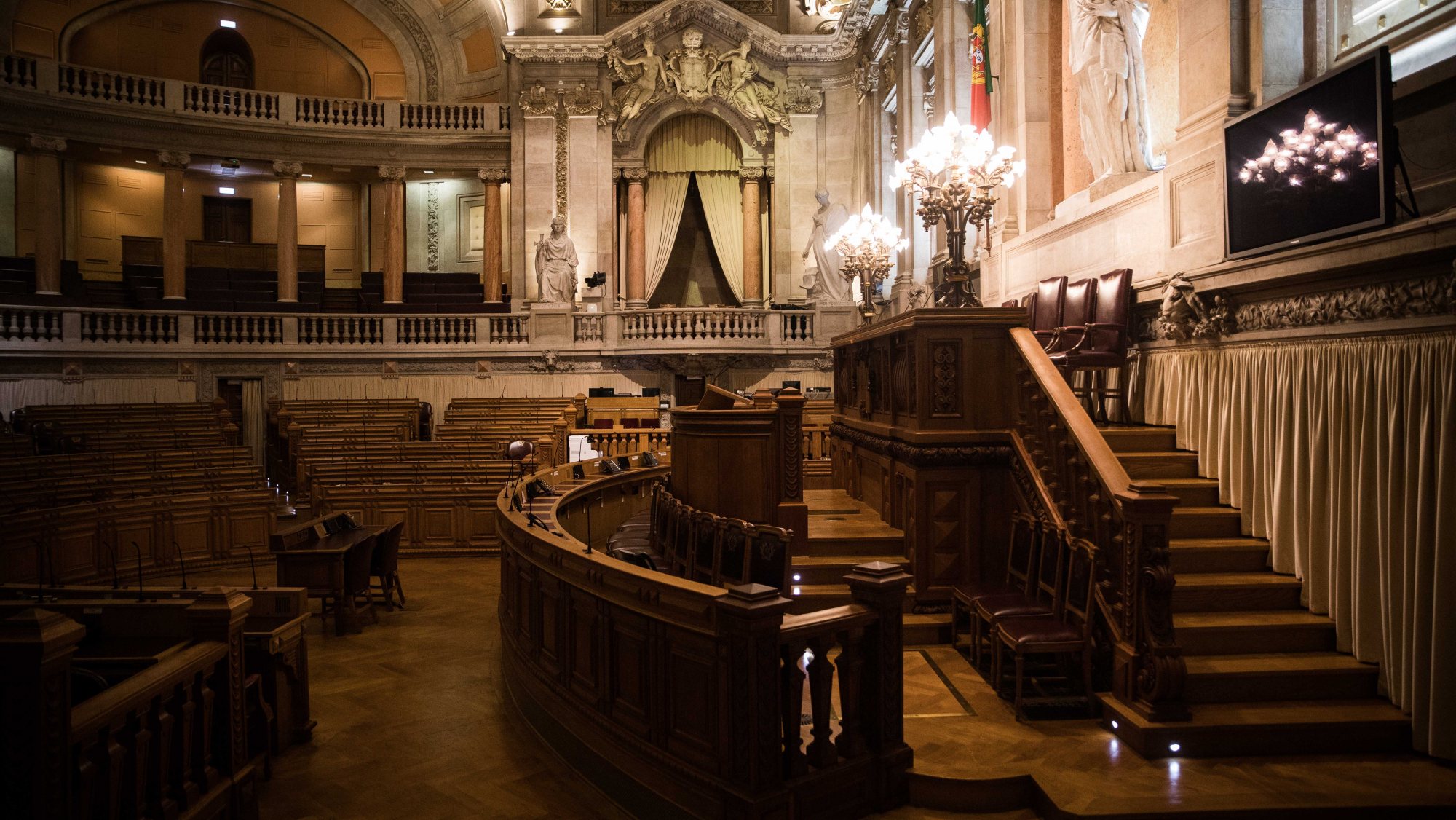This Friday, the Parliament approved two draft resolutions of the Liberal Initiative that recommend the review of the financing model and the Legal Regime of Higher Education Institutions (RJIES), which will be discussed in a specialty.
The Liberal Initiative (IL) initiatives were approved with the favorable votes of the PSD, Chega, IL, PAN and Livre, the PS abstaining and the PCP voting against.
There were two of the nine diplomas that were debated and voted this Friday in the Assembly of the Republic, and the rest deserved the vote against the PS and therefore were rejected.
It’s a illinois bill for the elimination of vacancies for international students from private institutions and a draft resolution to anticipate the results of the contest for access to Higher Education, a enough initiative to review the RJIES, a BE bill that extinguished the founding regime, one of the bread about accommodation and two of PCP on support measures and the elimination of tuition fees.
During the debate, all parliamentary groups underlined the need to review the financing model of Higher Educationthat had also been pointed out by the Government, and the PS itself recognized that “there is still a long way to go, many problems to be solved and improvements to be introduced in central areas” of the sector.
“The commitment of the PS is to defend the quality of Higher Education capable of responding to the demands of a society in constant change, and we will do so without fear of an open and frank debate,” said Socialist deputy Maria João Castro.
At the opening of the debate, Carla Castro, from the Liberal Initiative, presented the two draft resolutions that would finally be approved, recalling that the financing formula for Higher Education, in force since 2006, has not been applied since 2009 and that the evaluation of the RJIES He is about 10 years late.
“It is useless for the PS or the Government to say that everything is planned and that everything is planned. Indeed, it is necessary to act and take these steps”, defended the liberal deputy, stressing that “it is time to do and not to postpone”.
The BE also brought to the plenary session a bill on the financing of institutions, but went further by proposing the extinction of the founding regime, which Joana Mortágua said was a “poisoned gift” that created more problems and emptied the State of responsibility about college funding.
For Chega, deputy Gabriel Mithá Ribeiro took advantage of the party’s intervention time to argue that “politics has colonized the university and indoctrination is killing intellectual freedom” and thus justify the RJIES review bill, in which they only propose modify the term for the evaluation of its application, which would be every five years and not only in the first five years from its entry into force.
You social support was highlighted, above all, by the left-wing parliamentary benches. In addition to BE, who warned about the increase in costs for families associated with pursuing Higher Education, Paula Santos, from the PCP, insisted on ending tuition fees and strengthening social action.
“It is necessary to ensure that everyone can access higher education and that no one leaves it for socioeconomic reasons,” said the communist deputy, also underlining the lack of accommodation for students.
EITHER accommodation was also one of the main points highlighted by the PSD who, represented by deputy Alexandre Poço, said he was concerned about the difficulty that students face at the beginning of the school year to get a room, but also about the lack of answers in mental health.
“Whether it is accommodation, mental health or financing, the Portuguese, families and students can only have one word at the beginning of the school year: concern”, he summarized.
For her part, Inês de Sousa Real, from PAN, affirmed that “students cannot be puppets in the hands of real estate speculation or promises of support for student accommodation that never arrive”, while Rui Tavares, from Livre, highlighting the issue of financingdefended a new model that allocates part of the taxes on economic activity to a strategic fund to support institutions and that also creates a support fund for students.
Source: Observadora
